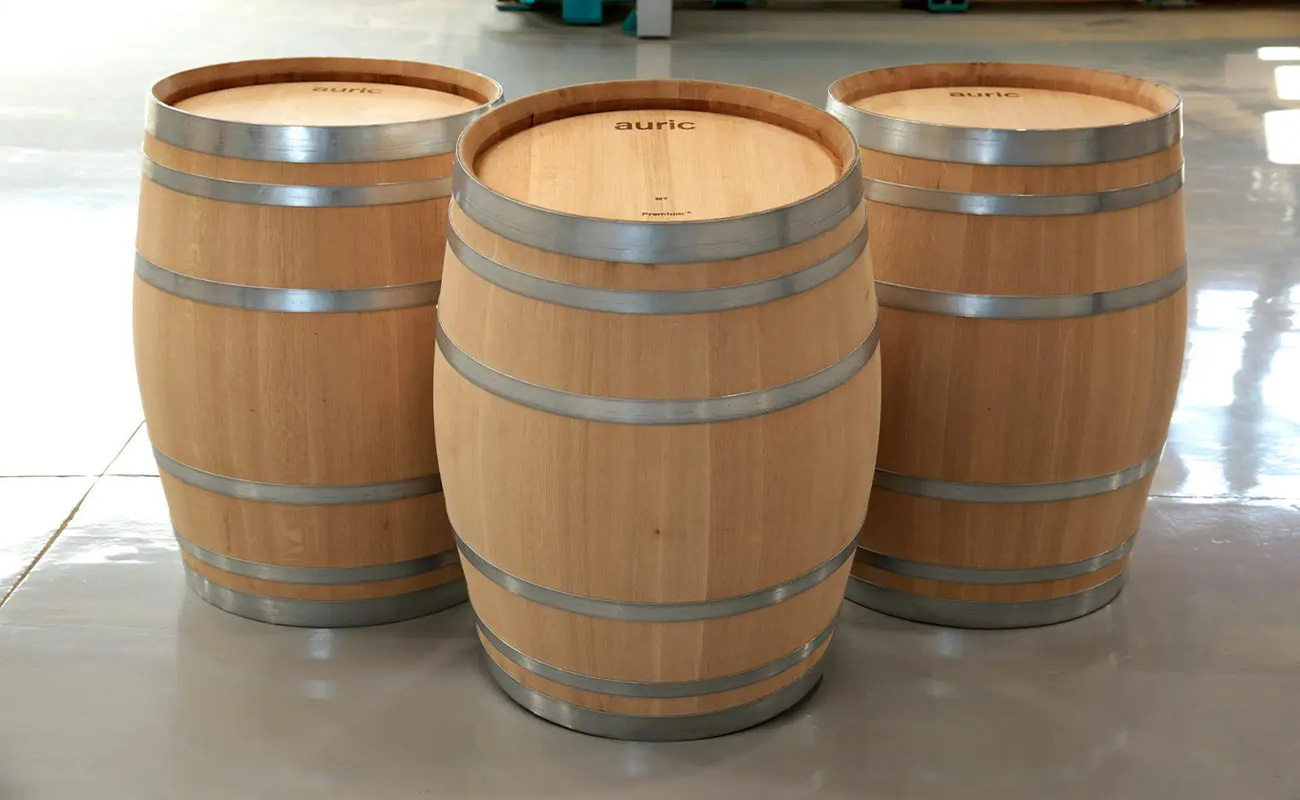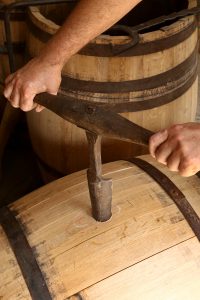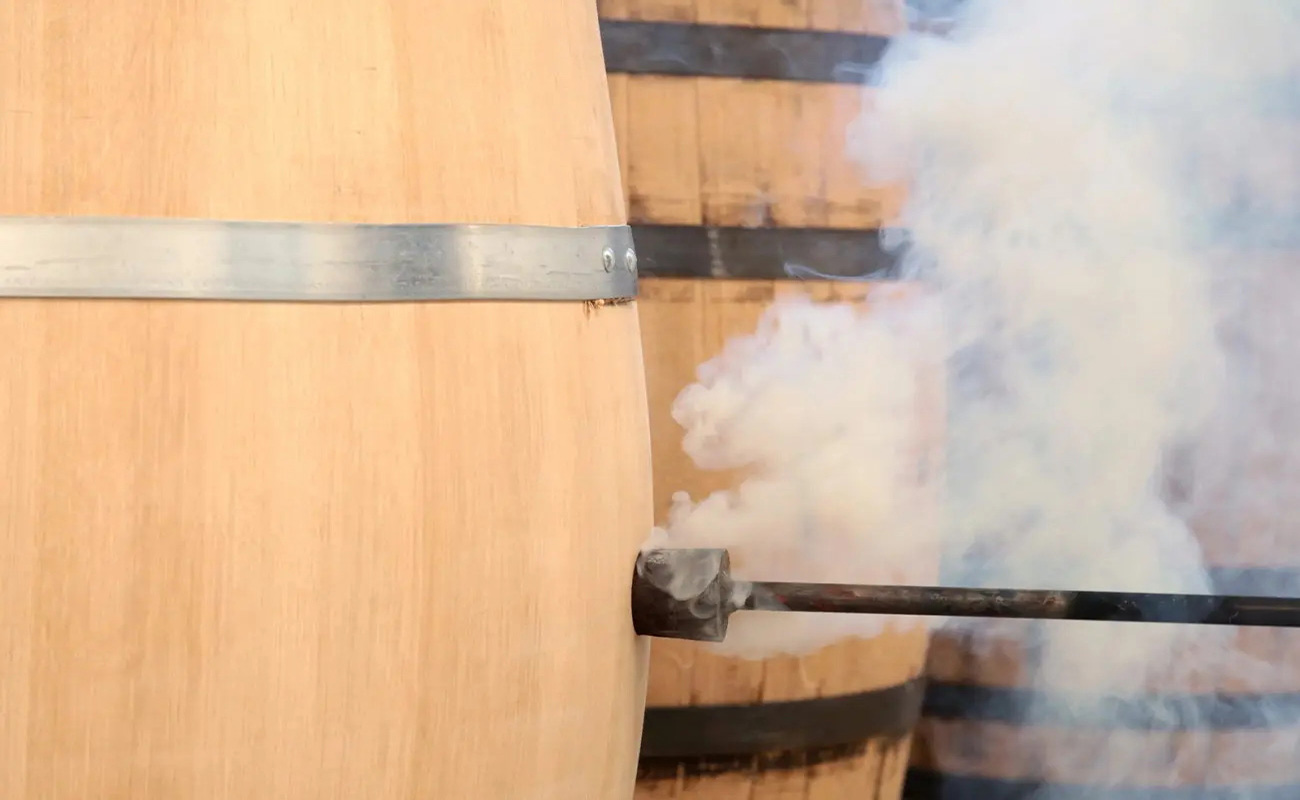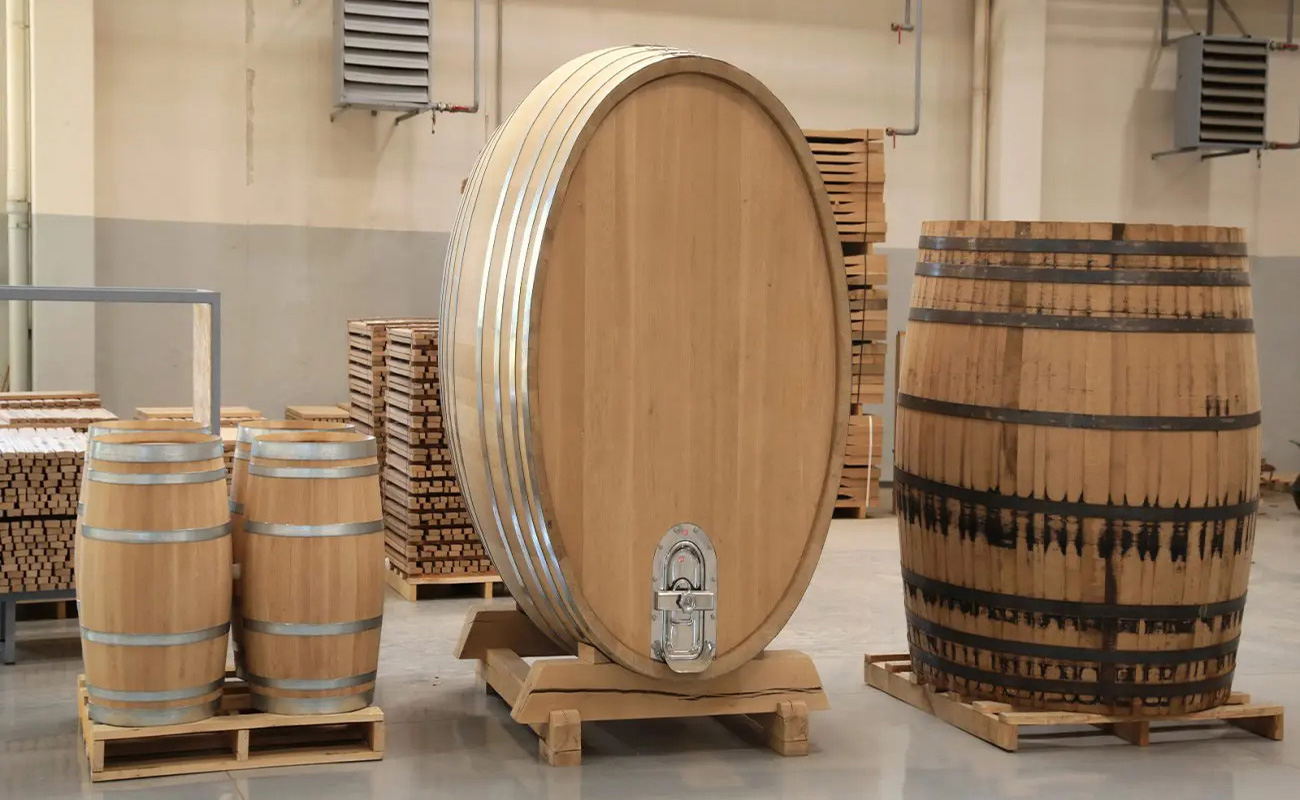Why are Wines Aged in Oak Barrels?
Wines are commonly aged in oak barrels to add flavor, aroma, complexity, and ageability. The key difference between oaked wines and unoaked wines, is the structure, color, and complexity. This time spent in barrels adds significant

Wines are commonly aged in oak barrels to add flavor, aroma, complexity, and ageability.
The key difference between oaked wines and unoaked wines, is the structure, color, and complexity. This time spent in barrels adds significant amounts of tannin to oaked red wine that allows the wine to age and develop well. It also adds oaky aromas and adds body to the wine. These tannins also act as preservatives that allow the wine to keep for much longer than if they were kept unoaked.

Oaked white wines extract color, complex flavors, and more structure from the barrels. Also, the effect of oak on these wines, allows the white wines to age much longer than most, unoaked wines. Most white wines that lack aromatics, like Chardonnay, are added to the barrel to allow the oak to add those complex, oaky aromas and flavors.
When it comes to the traits of an oaked wine, these tend to develop aromas of smoke, toast, vanilla, coconut, spice, and pepper. In oaked white wines, the vanilla notes are often the most prevalent. A wine that has had oak exposure also tends to feel heavier in the mouth. Both these reds and whites are much heavier in the body than unoaked wines and lose some of their fruity flavors.
So, the use of oak barrels will depend on the winemaker’s need for ageability, structure, and different flavors. For some, the fruity, drinkability of unoaked wines are the best part. For others, the intense tannin and ageability of the wine is the actual appeal.



